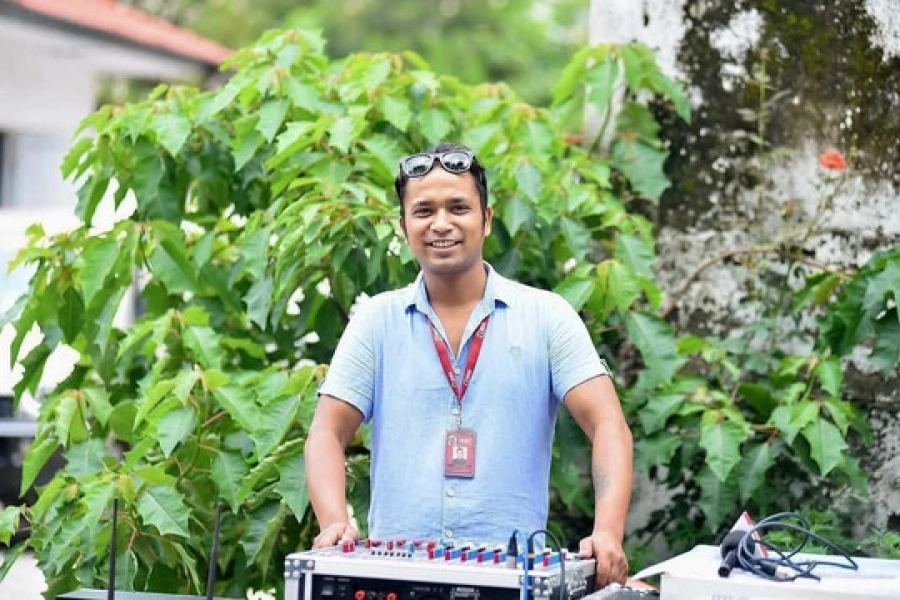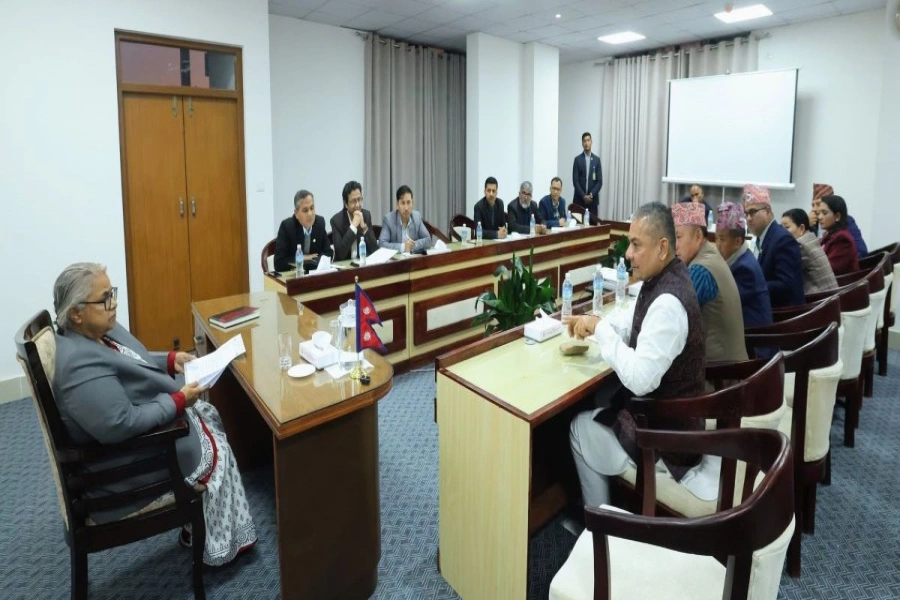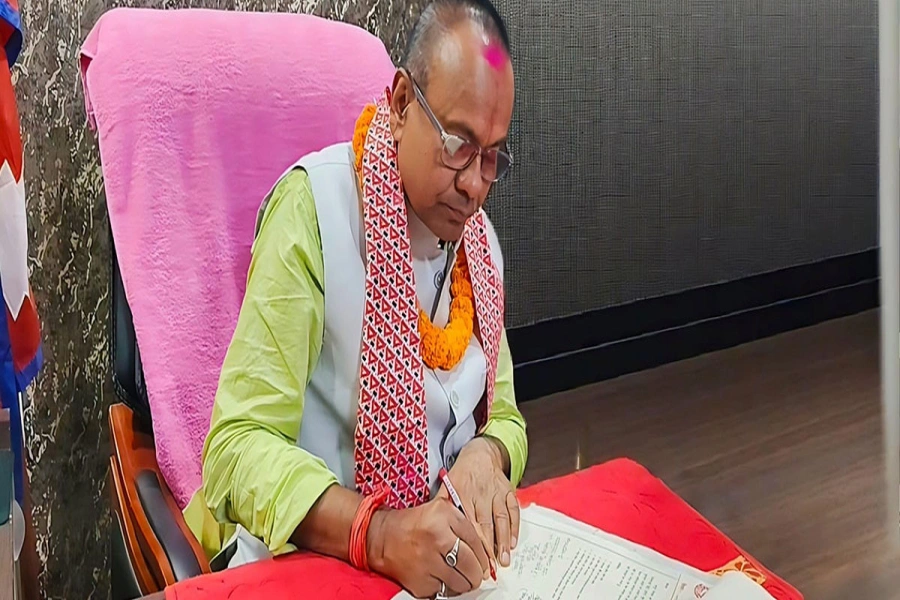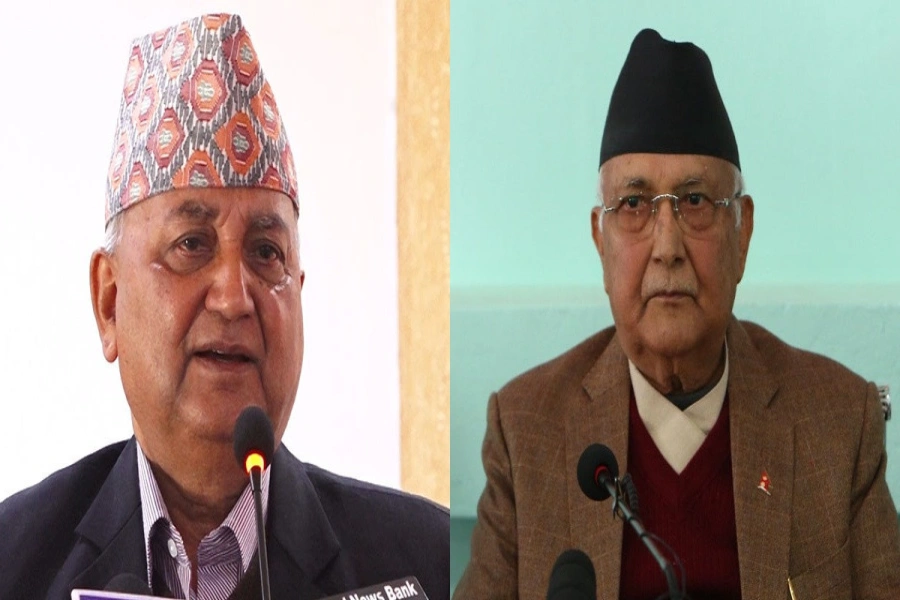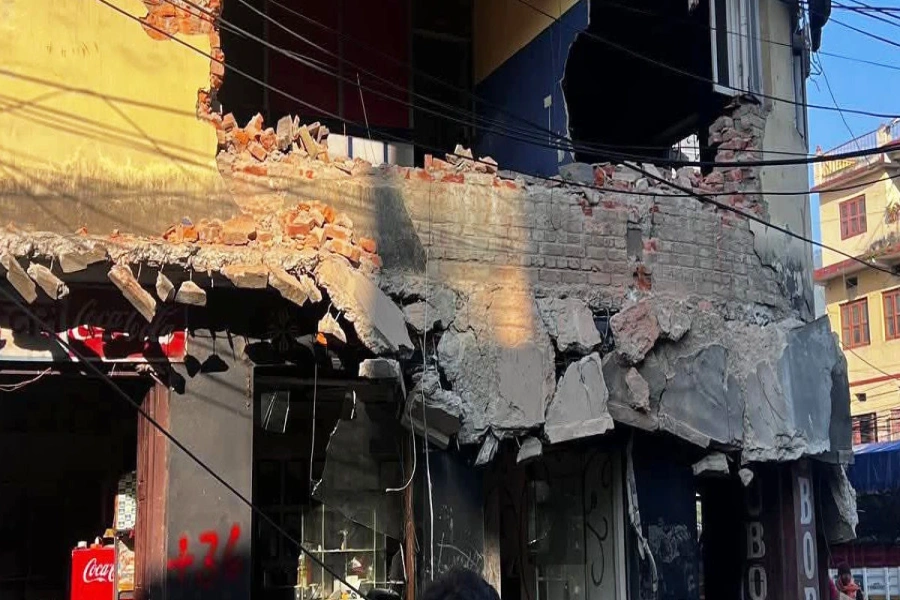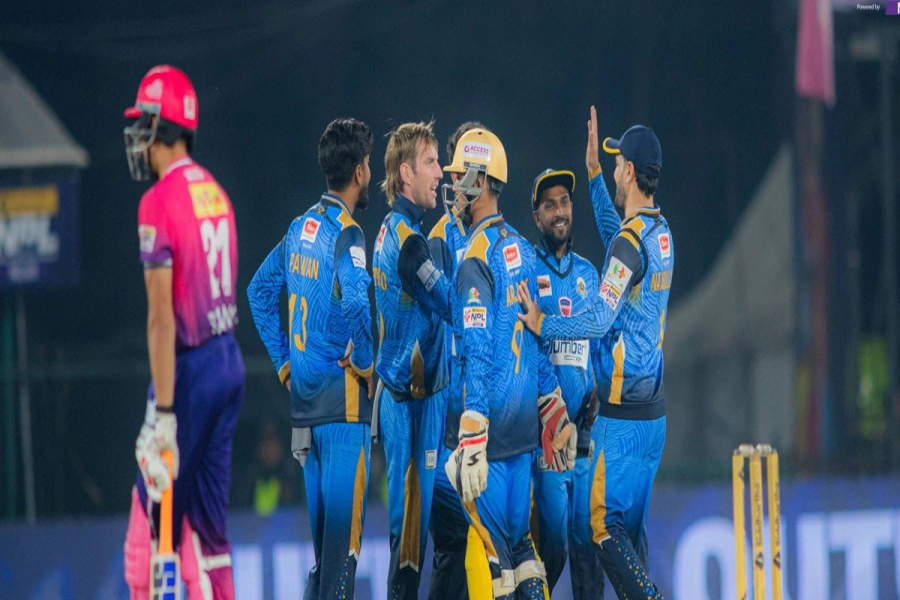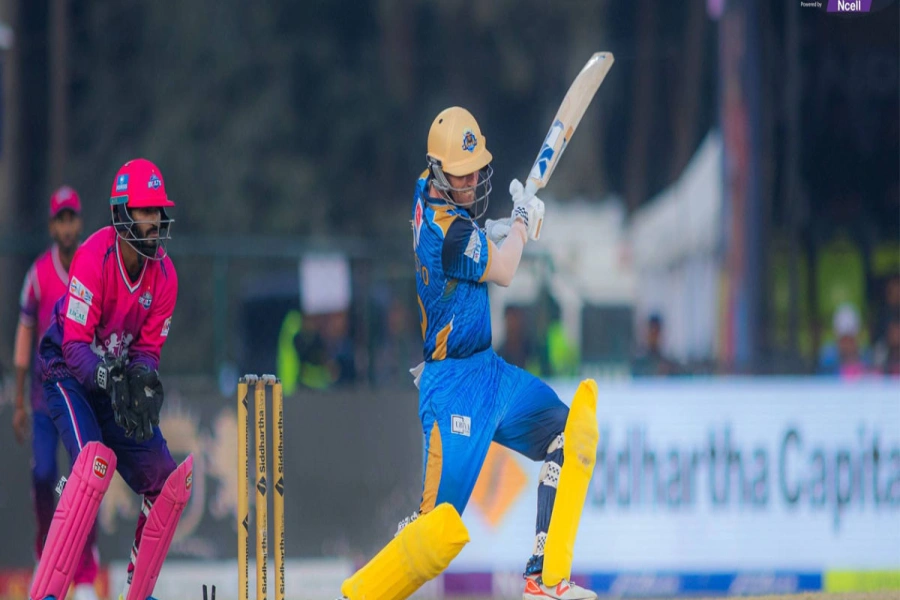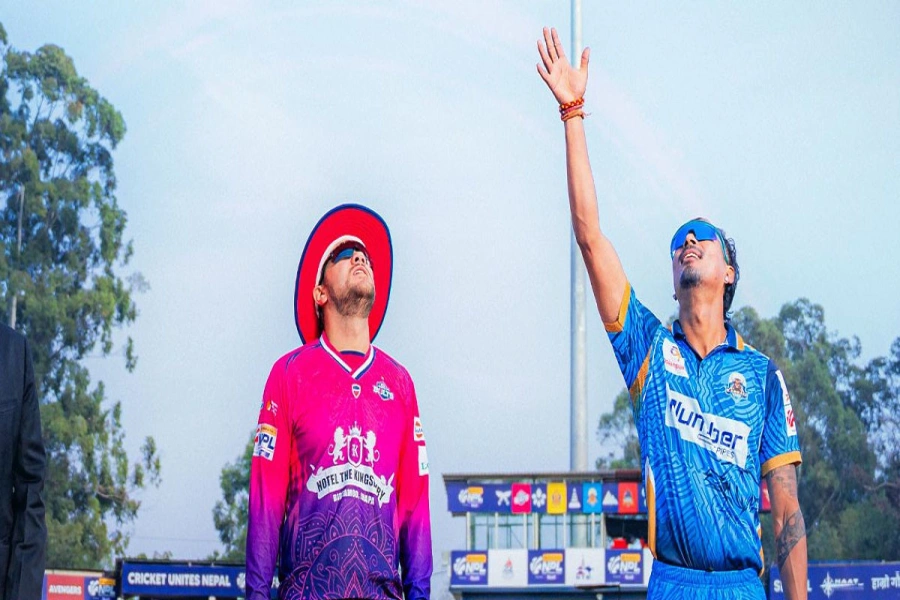KATHMANDU, Jan 1: In a eight year long dispute between five-star hotels and Nepal Recreation Centre (NRC) regarding paying the royalties and income tax for the operation of casinos, the Supreme Court on Sunday directed the NRC to pay over Rs 1 billion in taxes to the government.
A division bench of Chief Justice Gopal Parajuli and Justice Bam Kumar Shrestha issued the order deciding that the liability pay the royalty and income tax goes to NRC, the casino operator, and not the hotels housing the casinos. The apex court's order has given respite to the five-star hotels by holding the NRC responsible for paying the royalties and income taxes. However, the owner of NRC, Rakesh Wadhwa, has already left Nepal.
Stating that the government should provide a favorable environment for the sick industry and give more time for paying the taxes gradually, the apex court also directed the government to create 'positive environment' for the Pokhara-based Phulbari Resort Pvt Ltd.
Mahjong asked to settle liabilities of NRC employees

Interpreting that the individual or business firm operating a business has to pay the tax for operating such business as per the business permit issued by the government, the apex court stated that NRC has to pay the taxes for operating the casino business in the space provided by Hotel Soaltee. The NRC had operated casinos at various five-star hotels including Phulbari Resort, Hotel Shangri-la, and Hotel Yak & Yeti.
Settling an eight-year-old dispute, the Supreme Court also said in its mandamus order that the government can move forward to collect the tax as per the process initiated by the Department of Revenue Investigation (DOI).
In 2010, the NRC had claimed that it had only used the space provided by the hotels to operate casinos according to the bilateral agreements signed with the hotels but the liability to pay the tax goes to the hotels, not to it. Stating that it had obtained the permit from the government in 1994, the NRC had moved the apex court challenging the initiatives taken by the DOI to collect the tax and royalty and claimed that the process initiated by DOI was illegal.
Even after the correspondence of the DOI to pay the tax, the NRC did not show its interest to pay the tax thus the DOI had published a notice for auctioning the house and land registered in the name of the NRC. In its two letters issued by the DOI on May 25, 2011, the DOI had initiated the auctioning of the house and 1-5-0-0 (one ropani five aana) land registered in the name of NRC located in Ward No 13 of Kathmandu Metropolitan City, Kathmandu District but the NRC had moved the apex court challenging the auctioning process.
While moving forward the tax collection process, the DOI had also frozen the bank accounts of NRC but the latter had also challenged that move as well. In its petition, the NRC also had claimed that the terms and conditions set by the government while issuing permits to the five-star hotels to operate a casino and the letter issued by the government to NRC on January 17, 1994 had imposed the liabilities to pay the income tax and to royalty on the hotels. The NRC also claimed in its petition that the government had imposed such liabilities on it against Section 16(5) of Fiscal Act, 2000 and Section 16(8) of the Fiscal Act, 2001.
After the attempts of the DOI to collect taxes, the hotels had moved the apex court stating that they did not have the liabilities to pay the taxes. However, Piyush Bahadur Amatya, the owner of Pokhara based Phulbari Resort Pvt Ltd had also challenged the action of the DOI to collect over three billion rupees from his firm and claimed that his project fell under the sick industry and therefore should enjoy a tax rebate.
However, the apex court on Sunday said in its order that his firm cannot enjoy tax rebate but the government should create a favorable environment for such sick industries to operate the business and to pay the tax gradually.





